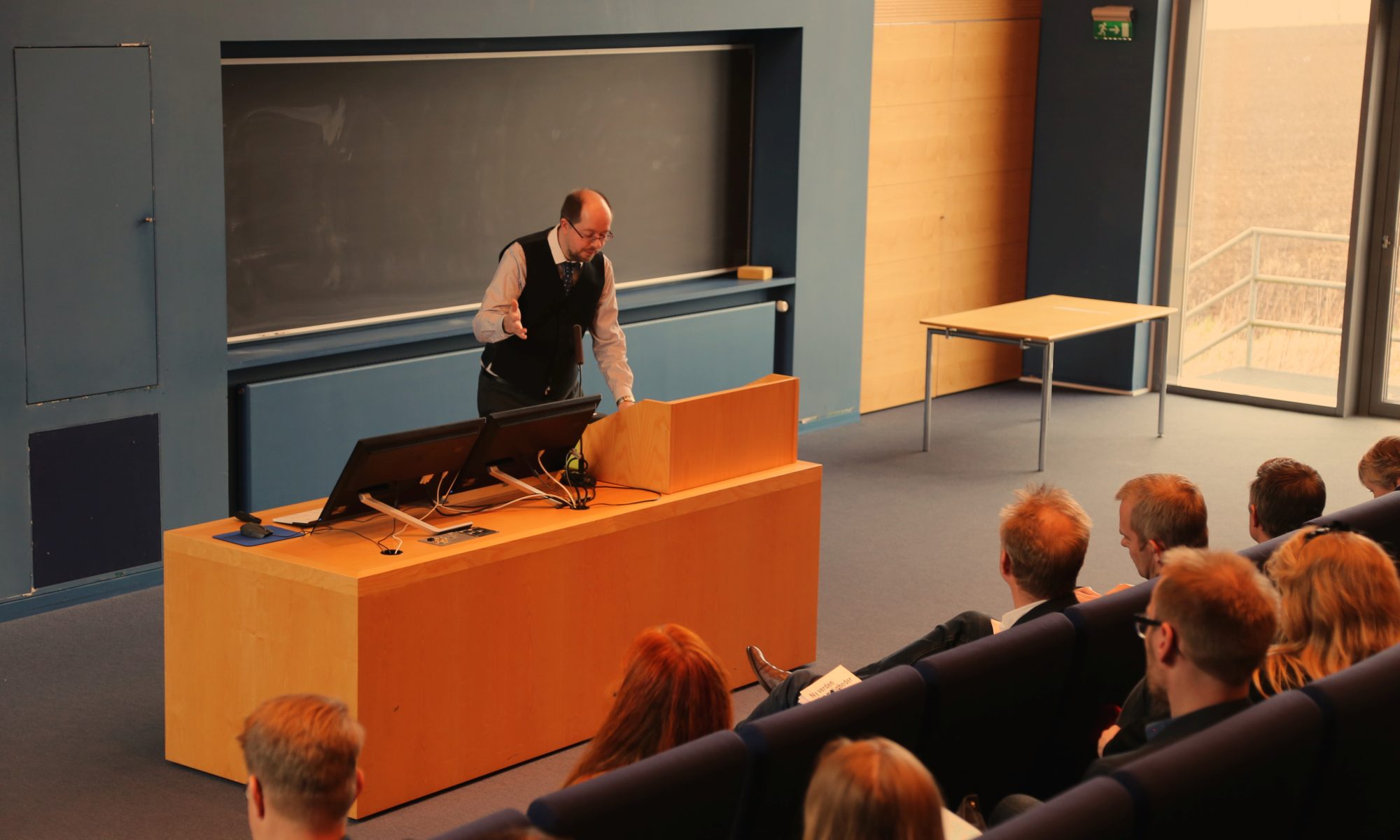Student absenteeism represents a growing problem in higher education, yet one that many academics and university administrations refuse to face. Some use the excuse of Humboldtian ideals of academic freedom to maintain that students should be allowed to choose whether or not to attend classes. Yet, mounting evidence suggests a) that absenteeism is rampant, and b) that students benefit from attending. This last finding should not be surprising, as it simply demonstrates that the learning activities that take place in university actually result in superior learning than staying home to read a book. This is as it should be. In our recent paper on this issue we bring further evidence for the positive attendance effect, and argue that universities should consider adopting relevant attendance policies where this makes sense.
Read the full paper here: Sund & Bignoux 2018 Final
